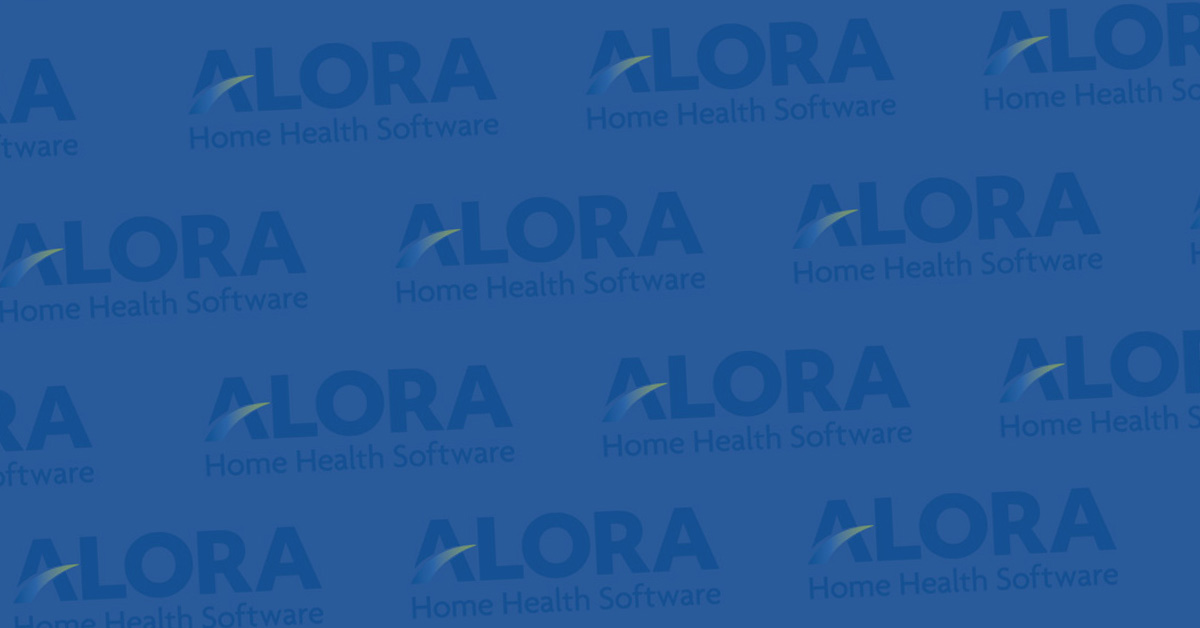New Study Shows Duration of Average Home Health Care Visits Indicates Direct Correlation to Future Hospital Admissions in Patients
 In the past few years, the conclusion of most experts seems unanimous that patients receiving home health care exhibit a lower tendency to go to emergency rooms and require hospitalization. This also reduces costs for the government, states, private insurers, and the patients themselves due to soaring hospitalization costs. New data digs a little further on the topic, citing that the length of the actual home health visits on a case by case basis, can actually influence the chances of hospitalization and re-hospitalization. A study revealed that home health and homecare visits with lengths of time spanning from one minute above recorded averages and up, may in fact be tied to lower hospital readmission rates on a national basis. The study’s findings are significant in that they suggest that the quality, length and quantity of what services are provided to patients during home health visits have a large impact on patient outcomes and economic bottom lines. In other words, one minute here and there dedicated to extra care, diagnosis, and services, can prevent hours and days of re-hospitalization and the costs that accompany it.
In the past few years, the conclusion of most experts seems unanimous that patients receiving home health care exhibit a lower tendency to go to emergency rooms and require hospitalization. This also reduces costs for the government, states, private insurers, and the patients themselves due to soaring hospitalization costs. New data digs a little further on the topic, citing that the length of the actual home health visits on a case by case basis, can actually influence the chances of hospitalization and re-hospitalization. A study revealed that home health and homecare visits with lengths of time spanning from one minute above recorded averages and up, may in fact be tied to lower hospital readmission rates on a national basis. The study’s findings are significant in that they suggest that the quality, length and quantity of what services are provided to patients during home health visits have a large impact on patient outcomes and economic bottom lines. In other words, one minute here and there dedicated to extra care, diagnosis, and services, can prevent hours and days of re-hospitalization and the costs that accompany it.




 In the past few years, the conclusion of most experts seems unanimous that patients receiving home health care exhibit a lower tendency to go to emergency rooms and require hospitalization. This also reduces costs for the government, states, private insurers, and the patients themselves due to soaring hospitalization costs. New data digs a little further on the topic, citing that the length of the actual home health visits on a case by case basis, can actually influence the chances of hospitalization and re-hospitalization. A study revealed that home health and homecare visits with lengths of time spanning from one minute above recorded averages and up, may in fact be tied to lower hospital readmission rates on a national basis. The study’s findings are significant in that they suggest that the quality, length and quantity of what services are provided to patients during home health visits have a large impact on patient outcomes and economic bottom lines. In other words, one minute here and there dedicated to extra care, diagnosis, and services, can prevent hours and days of re-hospitalization and the costs that accompany it.
In the past few years, the conclusion of most experts seems unanimous that patients receiving home health care exhibit a lower tendency to go to emergency rooms and require hospitalization. This also reduces costs for the government, states, private insurers, and the patients themselves due to soaring hospitalization costs. New data digs a little further on the topic, citing that the length of the actual home health visits on a case by case basis, can actually influence the chances of hospitalization and re-hospitalization. A study revealed that home health and homecare visits with lengths of time spanning from one minute above recorded averages and up, may in fact be tied to lower hospital readmission rates on a national basis. The study’s findings are significant in that they suggest that the quality, length and quantity of what services are provided to patients during home health visits have a large impact on patient outcomes and economic bottom lines. In other words, one minute here and there dedicated to extra care, diagnosis, and services, can prevent hours and days of re-hospitalization and the costs that accompany it.
 Homecare visits and Re-hospitilazation[/caption]
Homecare visits and Re-hospitilazation[/caption]

 In the last few years, several states in the U.S have implemented mandated
In the last few years, several states in the U.S have implemented mandated 




